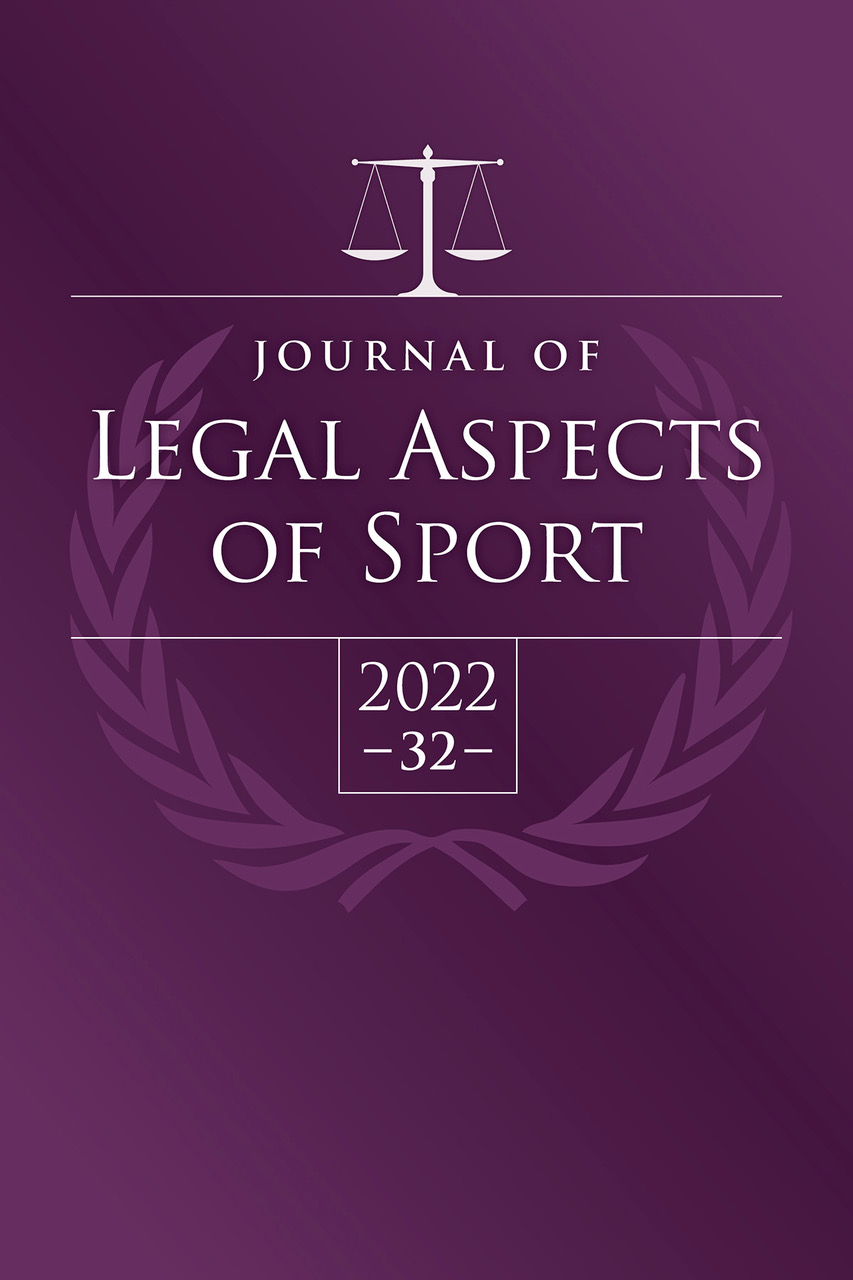Boycott the Games: Show Me the Money!
DOI:
https://doi.org/10.18060/26381Keywords:
NCAA, NIL, student-athlete, eminent domain, inherent rightAbstract
One would assume that the virtual attributes of themselves, including their name, image, and likeness (“NIL”) are their own private property, free from governmental or private exploitation. Unfortunately, while states provide for protection against invasion of privacy rights, such as the right of publicity and from private encroachment, it is not clear that a person is protected against governmental
exploitation. Therefore, there is much to learn from the case of the National Collegiate Athletic Association’s (NCAA) past and current regulations of its players’ right to control and capitalize on their NIL. Recently, the Supreme Court in NCAA v. Alston took judicial notice of gross inequities in student-athletes’ compensation. Consequently, several states have enacted laws that grant NCAA players the ability to capitalize on their NIL, with some restrictions, and not lose their amateurism status. However, neither the Court nor the states have addressed three quintessential, jurisprudential questions: (1) Is there an inherent right to the attributes of oneself? (2) Is that right a property interest of the person? (3) Is that property interest beyond the reach of the eminent domain powers of the government, as recognized in the Takings Clause of the Fifth Amendment to the U.S. Constitution?
This article posits that libertarian principles should apply to (1) recognize an inherent right that everyone in the United States has to own and control the attributes of themselves, (2) deem that right to be a special form of natural property, and (3) hold that that right is not subject to the government’s power of eminent domain. It applies these principles to the case of the NCAA and its members’
regulations that place restrictions on its players from fully benefitting from their NIL to argue that the NCAA and particularly its state-owned member schools are carrying out an unconstitutional exploitation of fundamental rights. Furthermore, it calls upon the general public to boycott NCAA sports until the organization and its members compensate student-athletes as professionals, not amateurs, and allow them to capitalize on their NIL without restrictions, as a matter of fundamental right and not as a mere privilege that is granted by some states. Most importantly, the NCAA players’ battle over their NIL rights is a critical precedent relating to the
government’s control over people’s virtual assets.

